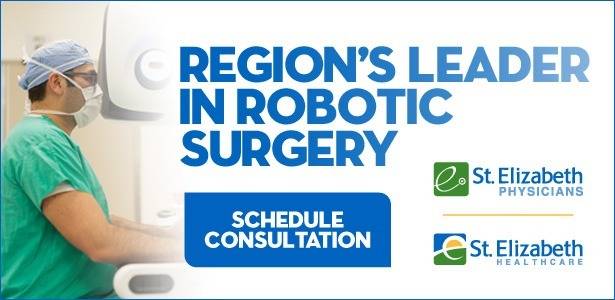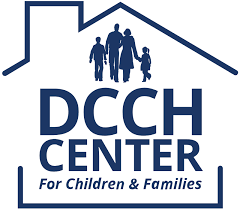Responding to our region’s heroin epidemic takes a multi-disciplinary approach. We need to bring our health care system, judicial system, community groups and first responders together in order to make progress.
The Northern Kentucky Medical Society recognizes the important role that physicians can play in this response.
In order to respond effectively, we need to make use of all the tools at our disposal. One tool—a syringe access exchange program—is not being fully implemented in Northern Kentucky, with only one program operating at the Northern Kentucky Health Department’s Grant County Health Center.
This needs to change.
The Northern Kentucky Medical Society endorses the implementation of syringe access exchange programs operated by the Northern Kentucky Health Department at all four county health centers in Boone, Campbell, Grant and Kenton Counties, as part of the overall heroin response.

Such programs are an important tool in controlling the communicable diseases spread by injection drug use, including hepatitis C and HIV.
Hepatitis C is already rampant in our community. In 2016, the Northern Kentucky Health Department reported more than 1,300 cases of acute and non-acute (chronic) hepatitis C. Between 2010 and 2015, Kentucky’s hepatitis C rates were among the highest in the nation; and Northern Kentucky’s rates were among the highest in the state.
Among those in Northern Kentucky who are infected with hepatitis C, injection drug use and sharing of needles are the most commonly reported risk factors.
While HIV rates in Northern Kentucky have remained steady, averaging about 25 to 30 new cases per year, the region is at high risk for an outbreak associated with IV drug use similar to the one seen in Scott County, Ind., where a community that typically saw five new cases of HIV infection per year, saw over 200 new cases diagnosed in one year.
Syringe access exchange programs do more than control communicable disease. They provide individuals who use injection drugs with an important link to our health care system. The Health Department’s program can offer an array of needed health services to this vulnerable population, including immunizations, sexually transmitted disease screening/treatment, women’s health services and access to overdose reversal kits. Clients of syringe exchange programs can benefit from referrals to other health services, like wound care or mental health care.
Even more importantly, syringe access exchange programs provide an avenue for individuals to access substance abuse treatment programs. Since March of 2016, the Health Department’s Grant County program has made more than 100 referrals to treatment programs.
The services of a syringe access exchange program are most appropriately provided by the Health Department out of their county health centers, not out of hospitals and emergency rooms. Not only are many of these preventive health care services (like HIV and hepatitis C testing) already being provided by public health nurses, but many potential clients of such a program are already using the health centers for other services. Hospital emergency rooms are designed to treat people with complex, critical life or limb threatening medical conditions.
Northern Kentucky’s heroin epidemic and its hepatitis C outbreak are like a fire that is burning out of control. Just like we wouldn’t refuse to provide hoses to fire fighters to put out a fire, we shouldn’t refuse to equip our health care workers with all the tools that they need to control these diseases.
We need syringe access exchange programs.
Mark Schroer, MD, is president of the Northern Kentucky Medical Society .

















